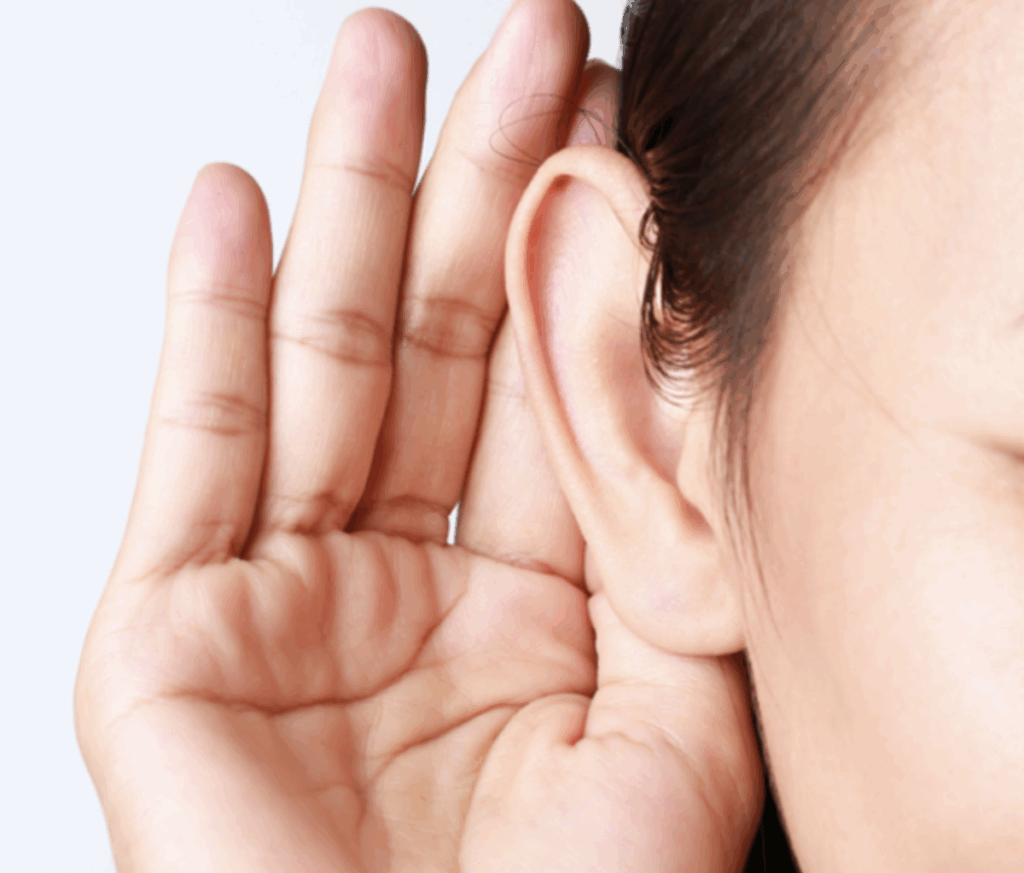If you’ve ever felt like sounds don’t quite match up between your ears, maybe one note sounds slightly higher in one ear than the other or you notice an odd echo effect, you could be experiencing something called diplacusis, often described as “double hearing.”
It’s not very common, but for those who do experience it, it can be disorientating and sometimes worrying. The good news is that diplacusis is usually linked to an underlying cause, and with the correct treatment and care, the symptoms typically resolve.
What is diplacusis?
Diplacusis is the medical term for “double hearing.” This occurs when the same sound is perceived differently in each ear. For example, a note played on a piano may sound like two separate notes, one slightly sharper or flatter than the other.
Most of the time, our ears work together to deliver a single, unified sound to our brain, in the same way that our eyes do with images. But when diplacusis occurs, that harmony is disrupted, leading to two versions of the same sound. It’s similar to experiencing double vision, but with your hearing.
What does diplacusis sound like?
People with diplacusis usually notice one of two main types:
- Pitch difference (diplacusis dysharmonica): The same sound is heard at different pitches in each ear, for example one ear hears “C” while the other hears something closer to “C sharp”.
- Echo effect (diplacusis echoica): Sounds arrive at slightly different times in each ear, creating an echo-like sensation.
Both can make listening to music, following conversations, or even everyday sounds feel unusual and unsettling.
What causes double hearing?
Diplacusis is often linked to issues affecting one ear more than the other. Common causes include:
- Hearing loss that is uneven between ears, known as asymmetrical hearing loss.
- Sensorineural hearing loss, often related to ageing or long-term noise exposure.
- Ear blockages, such as earwax, infection, or fluid behind the eardrum.
- Ear or head trauma, injuries that affect the inner ear or hearing nerve.
- Medications or conditions, such as Ménière’s disease or ototoxic drugs.
In some cases, musicians notice diplacusis earlier than others because of their heightened sensitivity to pitch and tone.
Can diplacusis be treated?
The treatment depends on the cause. For example:
- If it is related to earwax or infection, removing the blockage often resolves the issue.
- If it is linked to hearing loss, hearing aids may help balance sound between your ears and reduce the sensation of double hearing.
- In more advanced cases of hearing loss, cochlear implants may be recommended.
Other approaches, such as sound therapy or auditory training, may also help the brain adjust to differences between the ears.
When should you see a specialist?
If you notice that sounds don’t quite match between your ears, especially if this happens suddenly, it’s important to book an appointment with an audiologist. At Harley Street Hearing and Musicians’ Hearing Services, our expert team can carry out a full hearing assessment, check for any underlying medical issues, and recommend the most appropriate treatment. We’ll help identify the cause and find the best way forward, so you can return to hearing clearly and comfortably again.
Want to know how we can help your hearing? Call us on 020 7486 1053 or complete the form below.
Written by Harley Street Hearing and Musicians’ Hearing Services Clinical Lead’s Jordon Thompson and Romy Cohen





